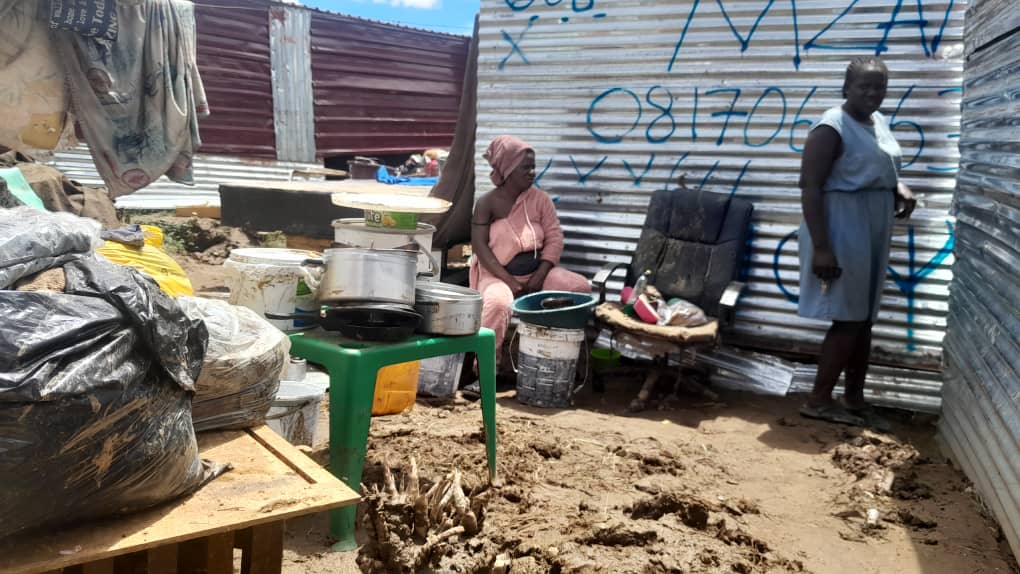THE Edcon Group says its employees in Namibia are safe from retrenchment for the time being.
However, the boards of the non-South African Edcon subsidiaries will in due course discuss the viability of entities in light of the business rescue in SA.
Edcon owns retailers Edgars, CNA and Jet.
The group announced early in June it had sent out Section 189 retrenchment notices to 22 000 workers, which means not all jobs in the group were secured, according to South African media.
The South African retail group sent the retrenchment notices after failing to secure concrete offers from potential buyers.
The group said the move to retrench is part of its business rescue plan (BRP) and, in line with that, the company has paid staff salaries in April and May, and is expected to make the June 2020 salary payments.
BRP practitioners for Edcon confirmed the payment of salaries would continue to be a priority during the business rescue period, subject to trading conditions and continued support from the Temporary Employer/Employee Relief Scheme and Unemployment Insurance Fund processes.
Edcon’s corporate affairs and communication department says the business rescue process is currently only applicable to South African subsidiaries of Edcon.
“The non-SA businesses of Edcon are not in business rescue, nor in liquidation at this stage. The boards of the respective companies will in due course meet to discuss the viability of those entities in light of the business rescue in SA. The decisions and outcomes will be communicated to all stakeholders as this process unfolds,” the department says.
The BRP practitioners say it is in the best interests of all stakeholders to proceed with this business rescue plan, which seeks to obtain the sale of the business and/or its divisions, importantly contributing to job preservation and business continuity.
“Creditors and landlords will be in a better position as they will not only receive better dividends, but the sale will also provide them with sustainable customers to ensure continued trading,” they say.
The plan, according to the practitioners, has risks that need to be considered and accounted for, including the uncertainty surrounding the economic trading conditions due to Covid-19, deteriorating market conditions, budgeted sales figures not being achieved as well as any discrepancies in asset and inventory registers.
Other issues are the expected realisation of stock and assets, as well as any unforeseen business rescue or liquidation-related litigation and damages claims.
“If the implementation of the plan is not possible and does not take place, this would result in the immediate liquidation of the company,” the practitioners say.
Stay informed with The Namibian – your source for credible journalism. Get in-depth reporting and opinions for
only N$85 a month. Invest in journalism, invest in democracy –
Subscribe Now!








